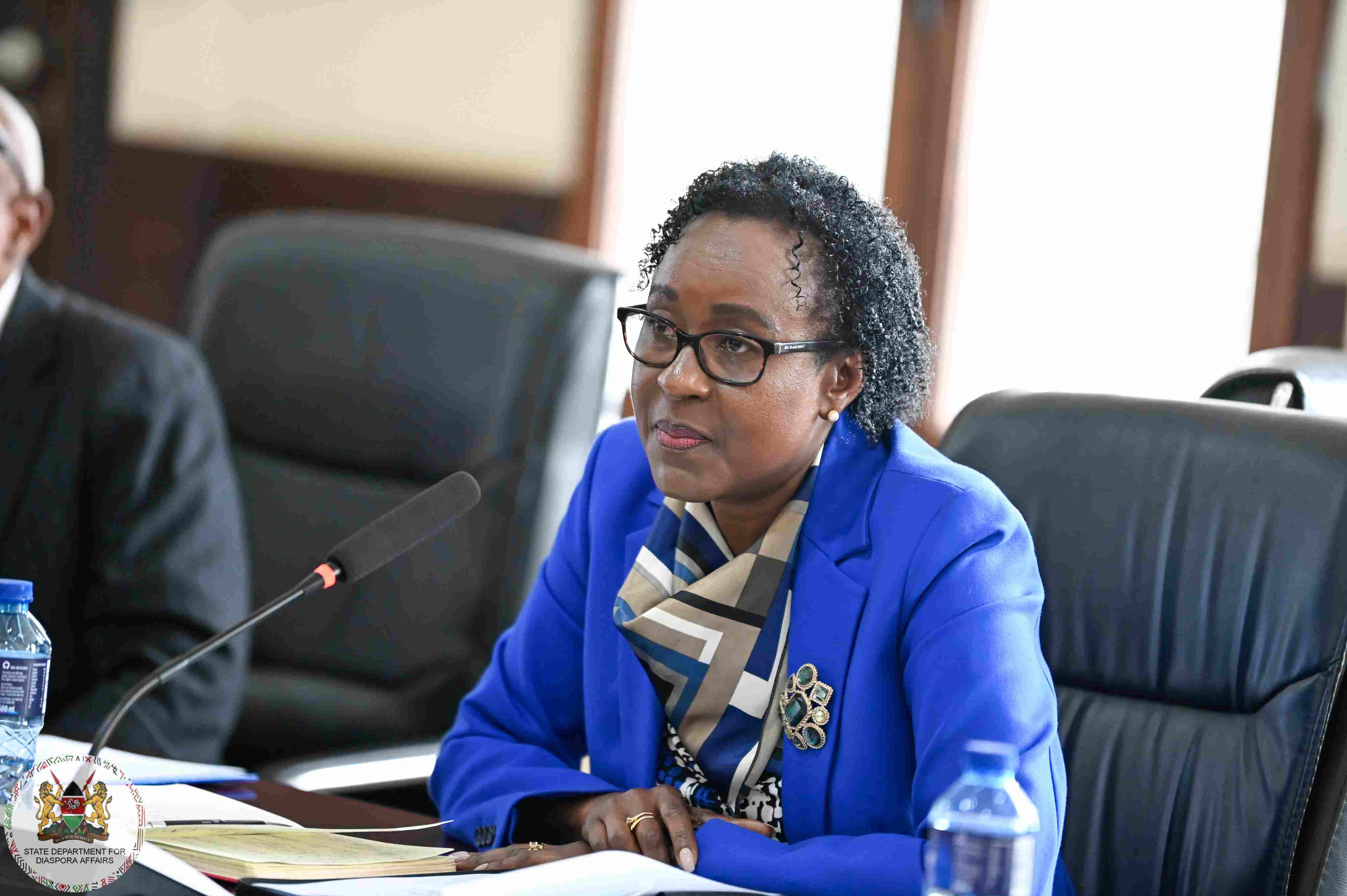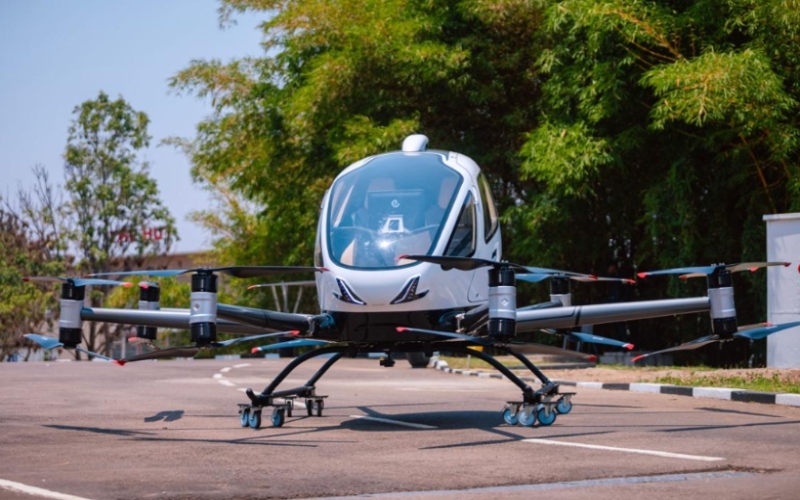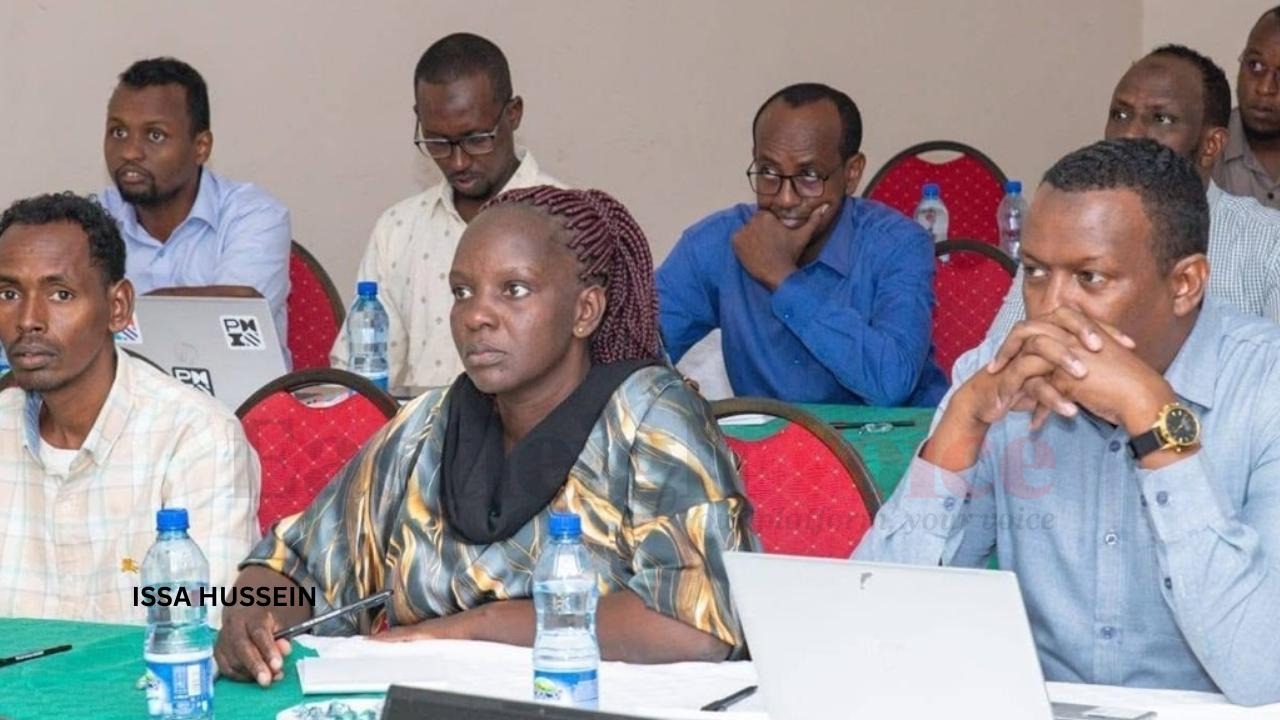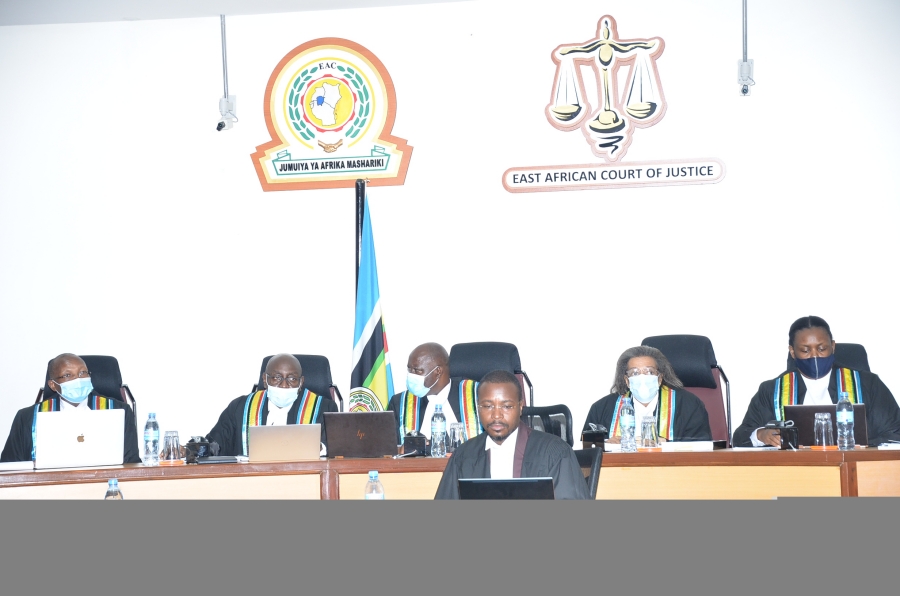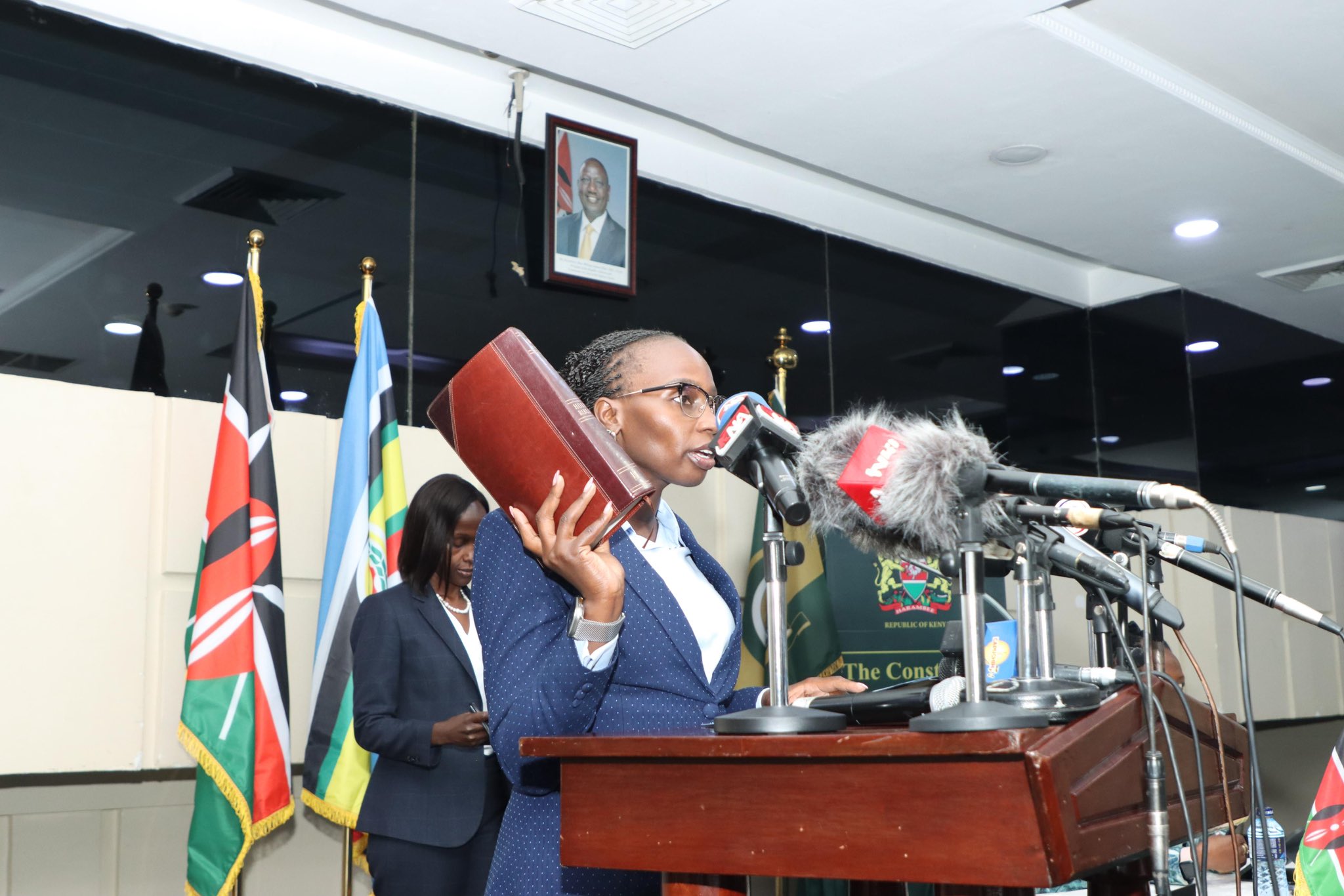Meet Tanzania’s ‘hero rats’ trained to detect landmines, TB and earthquake survivors
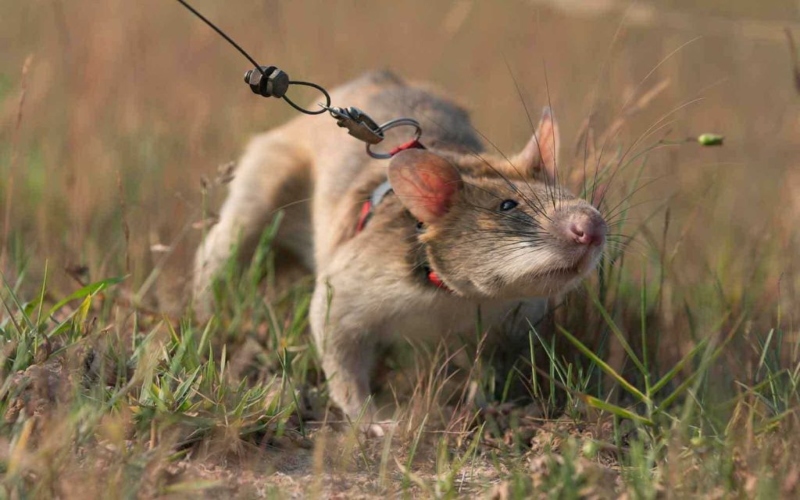
The ‘hero rats’ begin training shortly after birth and are conditioned through food rewards to recognise specific scents, whether explosives, tuberculosis bacteria, or people.
A Tanzanian NGO is training African giant pouched rats to take on missions ranging from detecting landmines and tuberculosis to locating survivors trapped under rubble after earthquakes.
Apopo, headquartered in Morogoro, has spent decades developing the rats’ extraordinary sense of smell into a life-saving tool across Africa and beyond.
More To Read
- WHO sounds alarm as mental health conditions soar past one billion worldwide
- What chaos at the US CDC could mean for the rest of the world
- Kenya trails Uganda and Tanzania in attracting industrial investment - report
- Aid effort underway after Afghanistan quake ‘wipes out’ villages
- WHO Africa summit urges investment to end maternal mortality
- Hunger and disease in Gaza will only worsen from ‘man-made’ famine: WHO
Initially developed for mine detection in 2003, the program later expanded to tuberculosis detection and, more recently, to disaster response, where rats are trained to find people trapped in collapsed buildings.
The ‘hero rats’ begin training shortly after birth and are conditioned through food rewards to recognise specific scents, whether explosives, tuberculosis bacteria, or people.
With an average lifespan of nearly ten years, they can serve for years at a fraction of the cost of traditional equipment. Each rat requires about €6,000 (Sh902,280) to train, but can screen hundreds of samples or cover large minefields in hours.
Working alongside Sokoine University of Agriculture, APOPO has deployed rats to minefields in Angola and Cambodia, where they have helped identify more than 50,000 explosives since 2014.
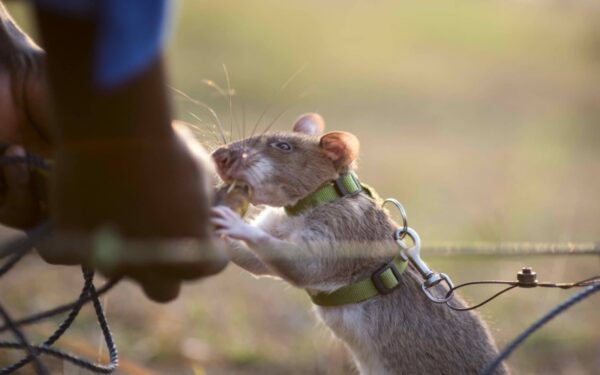 Ronin, landmine detection rat. (Photo: APOPO)
Ronin, landmine detection rat. (Photo: APOPO)
Trainers note their light weight allows them to cross dangerous terrain without detonating mines, making them more efficient and safer than conventional clearance methods.
In 2007, the NGO added tuberculosis detection in Tanzania, where the disease remains one of the country’s deadliest health burdens. Partnering with 80 hospitals, APOPO collects sputum samples daily and screens them in its labs.
A single rat can analyse up to 100 samples in 20 minutes, often flagging infections missed by routine testing. The initiative has also extended to Ethiopia and Mozambique.
To date, the rats have identified more than 30,000 patients who had been wrongly cleared of TB, preventing further spread.
According to Felista Stanesloaus, a physician in Morogoro, the rats can detect cases overlooked by standard tools, helping limit transmission in crowded communities.
“These rats can detect explosives, tuberculosis - even tiny amounts of the bacteria - and in this project, they can correctly identify and indicate humans,” said Fabrizio Dell’Anna, an animal behaviourist at APOPO, according to AFP.
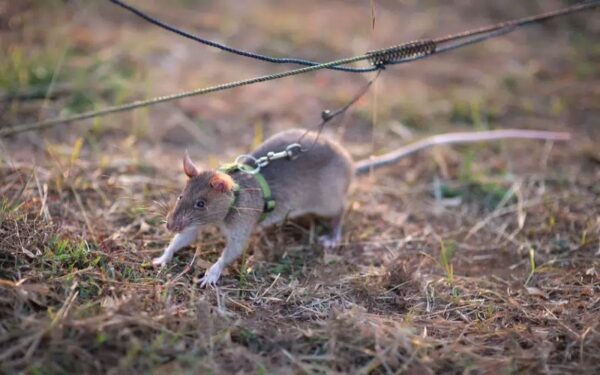 The rats can search an area the size of a tennis court in 30 minutes. (Photo: APOPO)
The rats can search an area the size of a tennis court in 30 minutes. (Photo: APOPO)
More recently, APOPO has pioneered training rats for disaster response, fitting them with small backpacks equipped with sensors. In simulations in Morogoro’s Uluguru Mountains, the animals have been able to locate survivors in rubble and signal rescuers.
Despite these successes, the World Health Organisation (WHO) does not classify rats as primary diagnostic tools, meaning their findings must be confirmed through standard laboratory tests.
APOPO’s chief executive, Christophe Cox, argues that wider recognition would help unlock funding and scale the initiative, but says the NGO will continue using its “hero rats” to reach vulnerable communities.
“It’s a big challenge. Not being recognised by the WHO means that the mainstream funding for TB … never reaches us,” he said.
Top Stories Today

